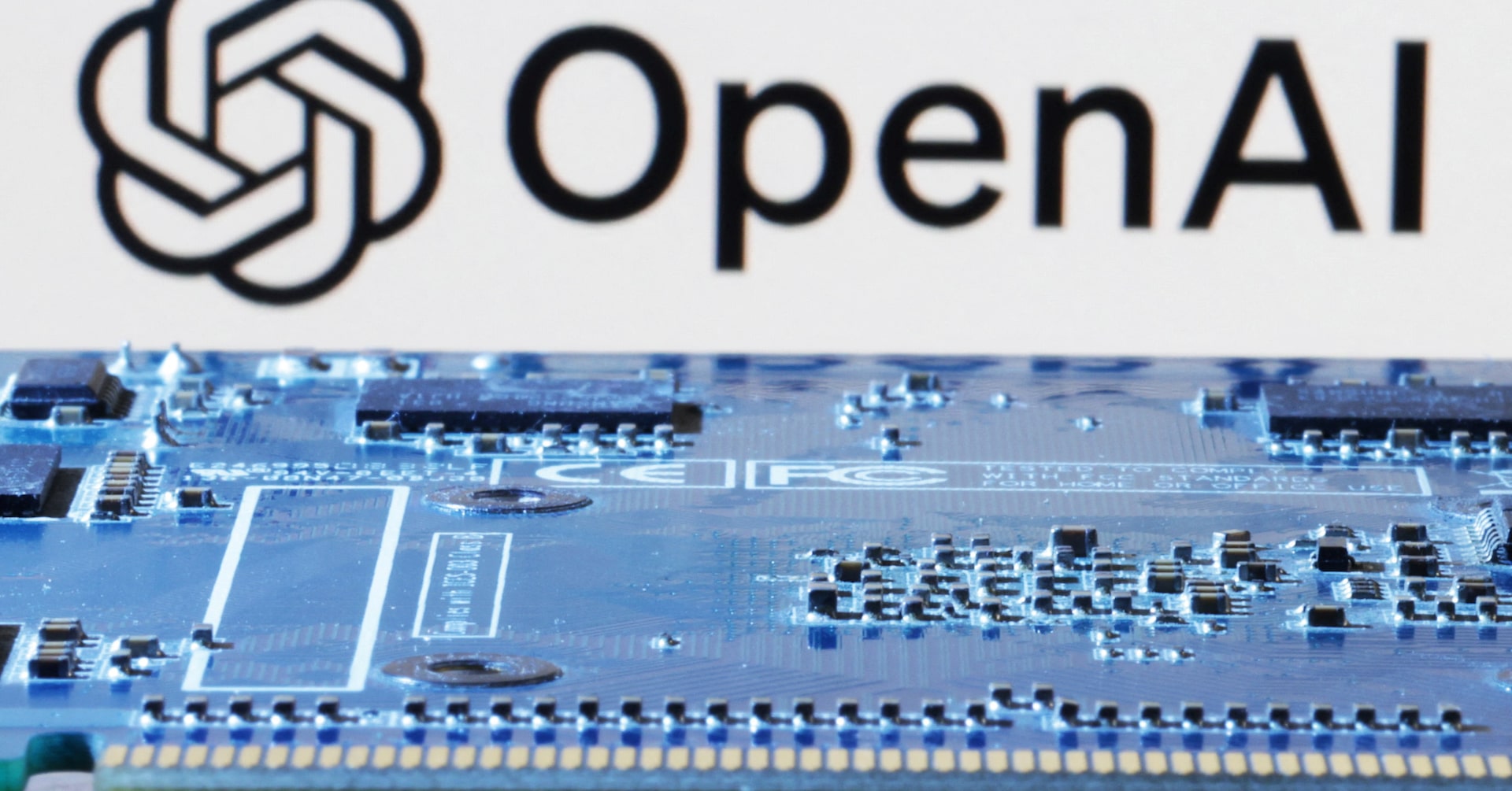
By Pablo Carmona, Beta AI
OpenAI has announced plans to co design and mass produce custom AI accelerator chips with Broadcom, with shipments targeted for 2026 according to a Financial Times report cited by Reuters. The move aims to reduce OpenAI's reliance on Nvidia GPUs and give the company greater control over performance and operational cost for large scale AI models.
This shift reflects broader AI hardware trends in 2025 where major cloud and enterprise players build custom silicon to optimize inference and training at scale. Custom AI accelerators can deliver improved throughput, lower energy use for data centers, and more predictable pricing for API customers. That matters for enterprises evaluating AI hardware choices and total cost of ownership.
For product teams and IT leaders this could mean lower operational costs for running large language models, improved real time performance for AI powered features, and clearer paths for scaling. Smaller companies and startups may benefit indirectly if cost savings are passed to API pricing, making advanced AI accessible to more use cases.
Key enterprise considerations include cloud vs on premises AI hardware deployment, integration with existing model stacks, and verifying custom AI accelerator performance benchmarks for your workloads.
AI chips are designed to accelerate neural network operations for training and inference with architecture level optimizations. Traditional GPUs are general purpose and excel at parallel workloads but may not match the efficiency of custom accelerators for specific model types.
Potentially yes. Custom chip designs can lower power use and increase performance per dollar which may translate into lower API costs and more predictable infrastructure budgets if scale and adoption allow.
This article addresses key search intents around AI hardware trends 2025 and enterprise AI chip adoption. Use case oriented content such as real world AI hardware implementation examples, custom AI accelerator performance benchmarks, and cloud vs on premises AI hardware deployment guides will rank well for long tail queries. Include structured Q and A snippets to target answer engines and improve visibility for question based searches.
OpenAI and Broadcom's plan to ship custom AI accelerator chips in 2026 marks a strategic step toward hardware integrated AI that could reshape costs and competition in the AI ecosystem. For businesses planning AI infrastructure, now is a good time to evaluate energy efficient ai chips for data centers, benchmark workloads, and prepare integration plans so teams can move quickly as the hardware landscape evolves.
Source: Financial Times via Reuters. Beta AI will continue monitoring developments and publishing analysis on custom AI accelerator trends and enterprise deployment guidance.



